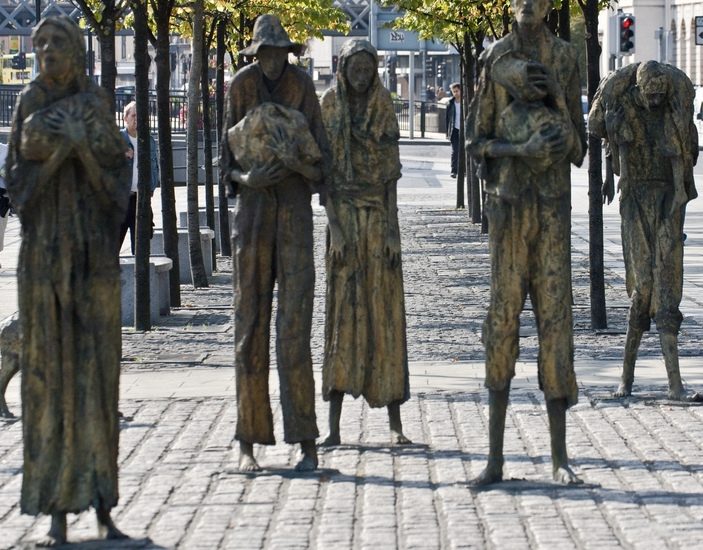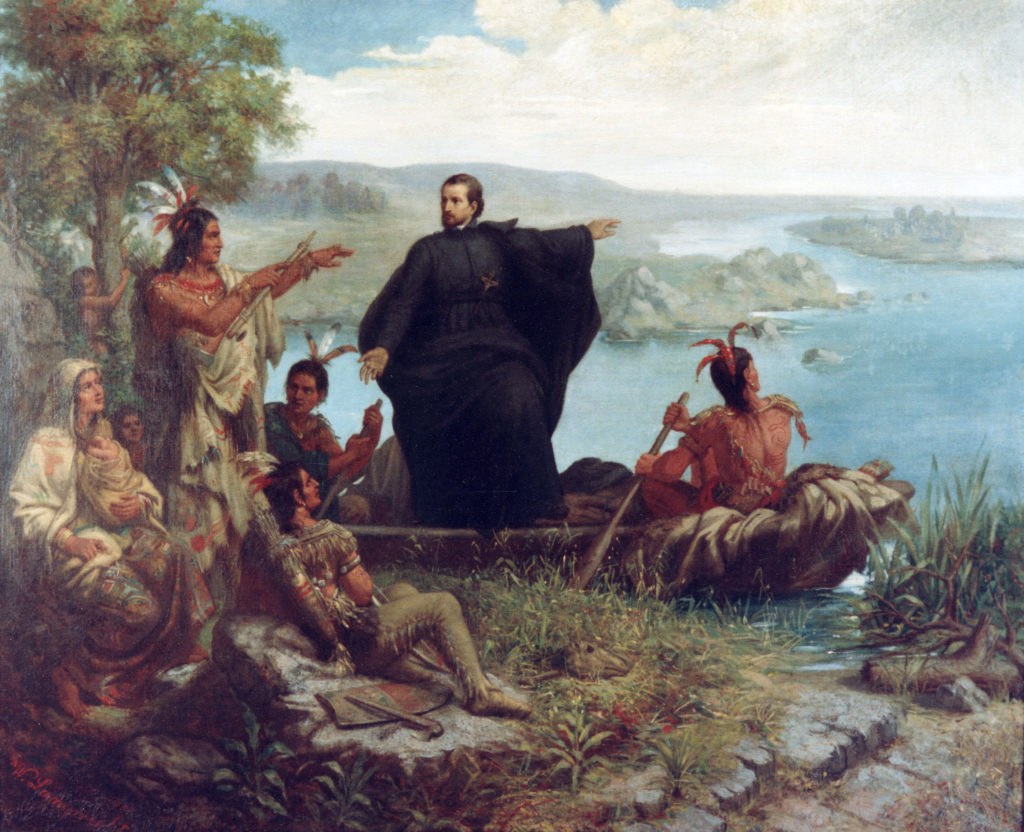Podcast: Play in new window | Download
Subscribe: RSS

Think the days of arrogant white ignorance are over? Consider that just a few weeks ago, American Geek-in-chief Bill Gates grandly offered to give Bolivia, which he referred to as a poverty stricken country, 100,000 chickens. (Sort of a “Let them eat eggs” statement — or, with a little extra trouble, cake.) Bolivia, it turns out, has a thriving economy, exports 36 million chickens a year, produces nearly 200 million. But thanks anyway, Great White Father.
[This is one of a series of meditations on what we might have learned, and might still learn, from the history of Native Americans about how to live without modern technology and industry, which we may have to do in the near future.]
One cannot answer a question that has not been asked (if you are a parent, you know exactly what I mean). And one cannot ask a question of which one cannot conceive. Thus does ignorance remain locked in place. Before we can learn anything useful from or about any other culture, we have to remove any blinders that prevent us from conceiving of questions: things like bigotry, racism, intolerance, delusions of superiority and exceptionalism, convictions of a special and exclusive relationship with God. Continue reading
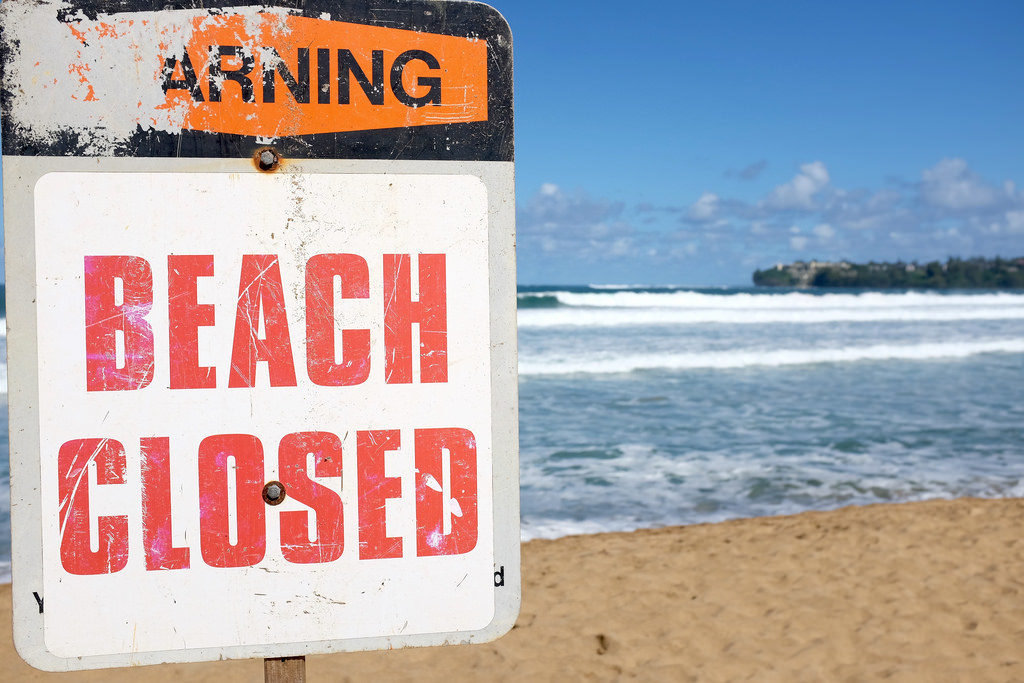 “Hi, Twits and Likees and BFFs. Can’t find the right emoticon for our family’s bummer of a long weekend. As you know, because we’ve been posting about it all year, we planned the trip of a lifetime to Florida’s Treasure Coast beaches over the 4th. But when we got there the beaches were covered with a green, toxic, smelly curd that some genius compared to guacamole but I never saw an avocado tree anywhere so that doesn’t make any sense.
“Hi, Twits and Likees and BFFs. Can’t find the right emoticon for our family’s bummer of a long weekend. As you know, because we’ve been posting about it all year, we planned the trip of a lifetime to Florida’s Treasure Coast beaches over the 4th. But when we got there the beaches were covered with a green, toxic, smelly curd that some genius compared to guacamole but I never saw an avocado tree anywhere so that doesn’t make any sense.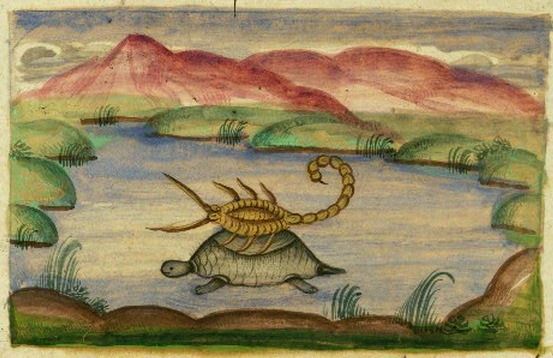
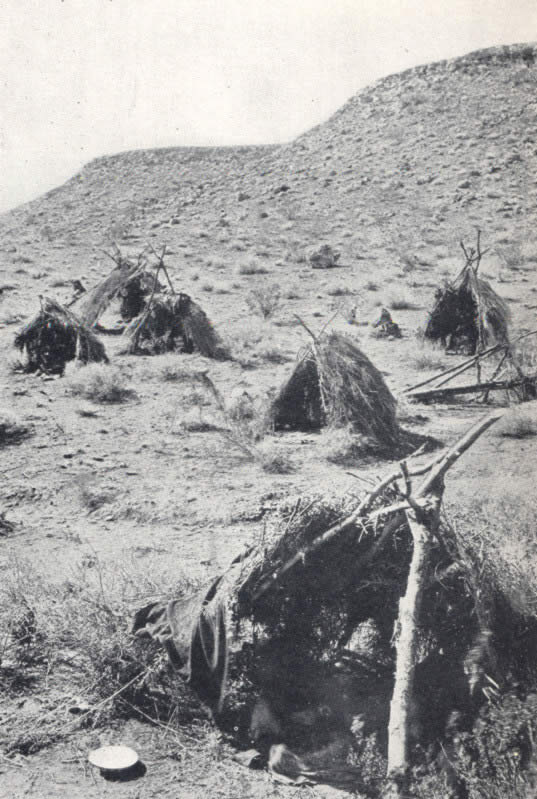

 We live in a country whose citizens — make that residents — are increasingly averse to complicated thought, indifferent to veracity, and reductionist in their thinking (every thing and every thought and every person is and must be either one kind of thing, or another kind of thing, no additional choices allowed). In such a country history has few friends.
We live in a country whose citizens — make that residents — are increasingly averse to complicated thought, indifferent to veracity, and reductionist in their thinking (every thing and every thought and every person is and must be either one kind of thing, or another kind of thing, no additional choices allowed). In such a country history has few friends. 